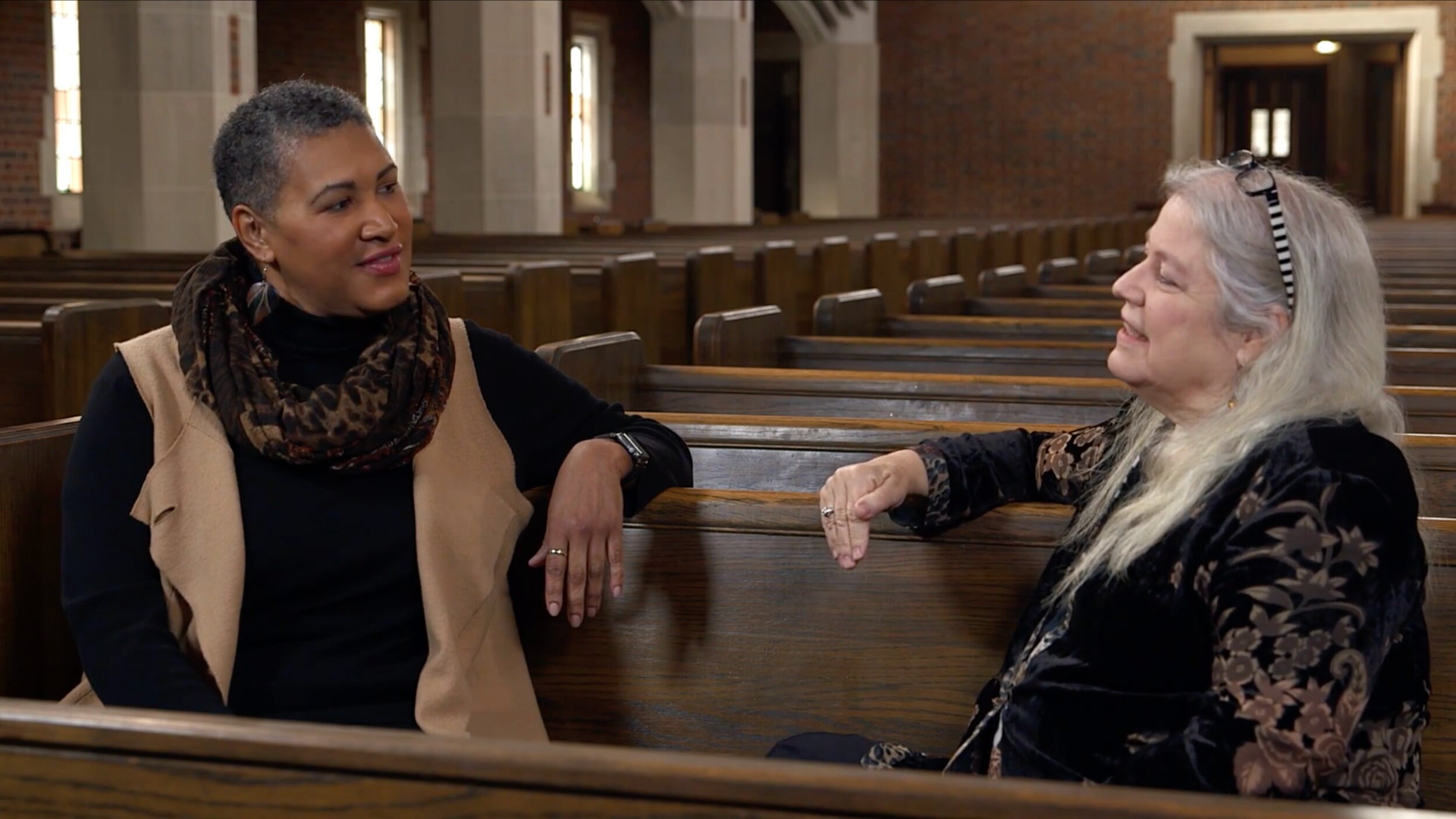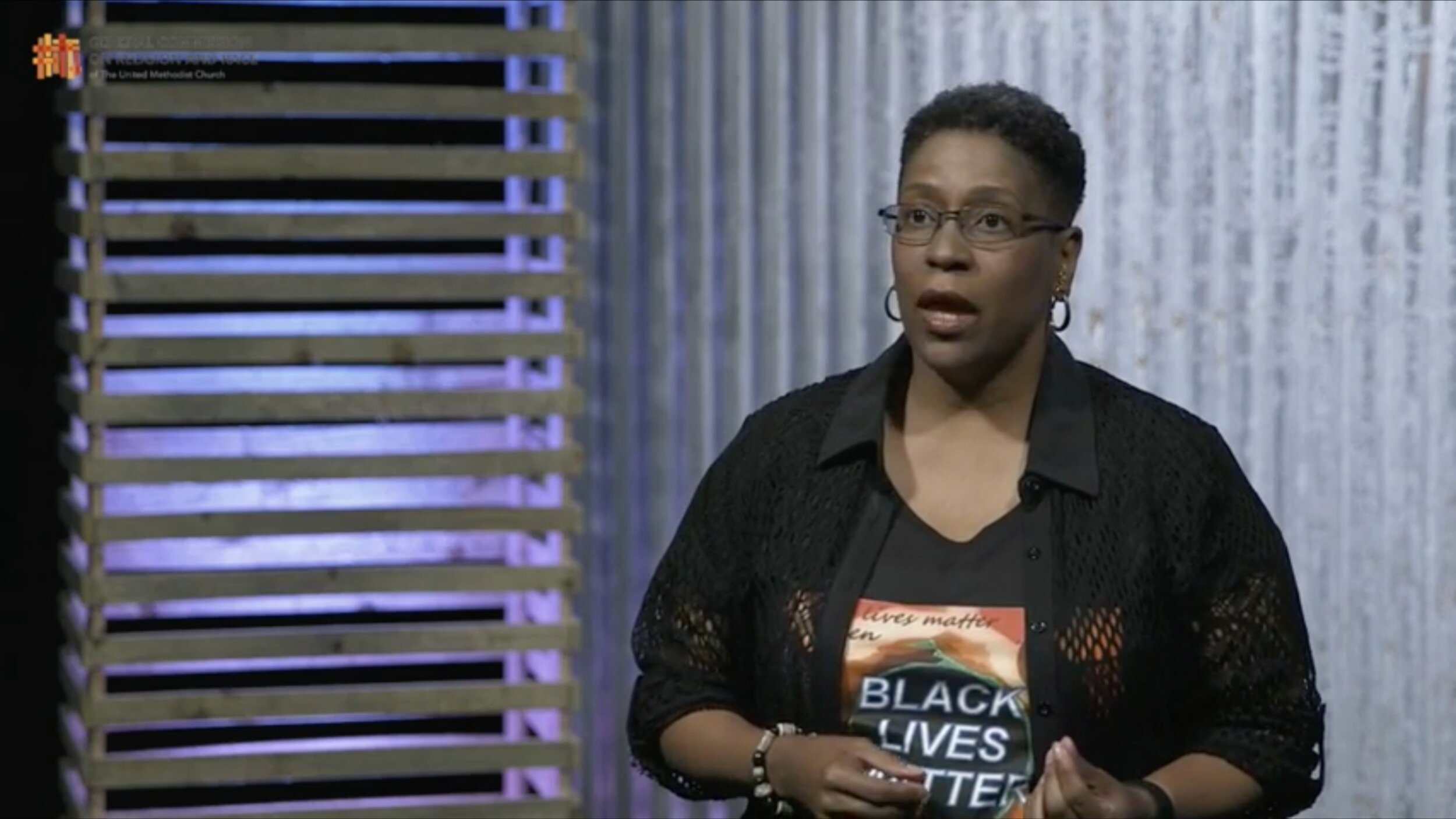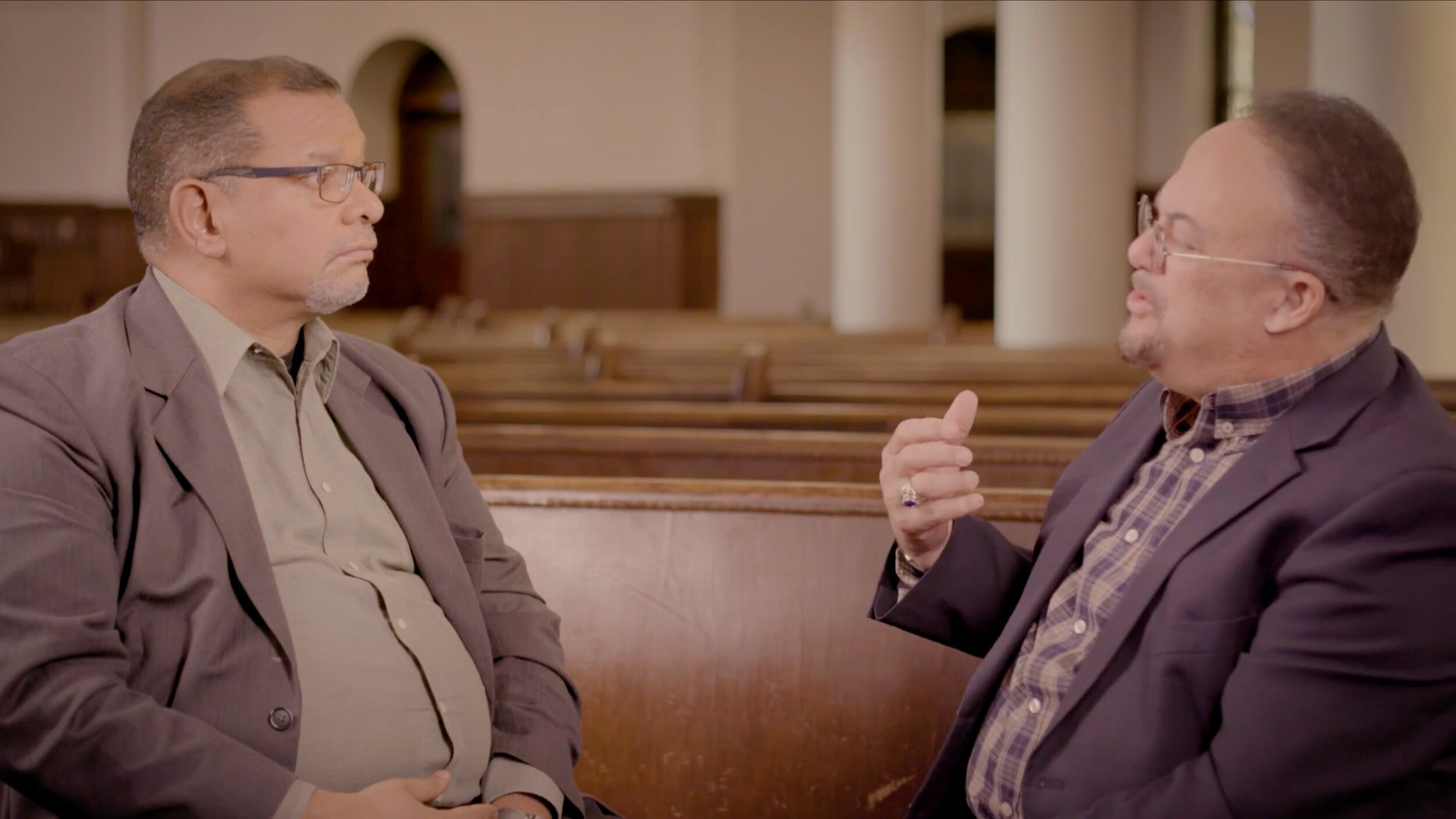
Vital Conversations Series
ABOUT THE SERIES
Vital Conversations is a video series designed to spark honest dialogue, confront misconceptions and fears, and guide us toward spiritual, communal, and social transformation in the areas of race, culture, equity, and inclusion.
Vital Conversations 1: Realities of Race and Racism features contemporary theologians, sociologists, laity, clergy, and other thought-leaders dealing with challenges of race, culture, and oppression in the Church and world today.
Vital Conversations Series 2: Race, Culture, Tribe, and the Global Church is a series of short videos that feature compelling voices speaking on issues of socio-economic justice, ethnicity and culture, and what has been described as the “rocky road toward truth, reconciliation, and peace.” Vital Conversations 2 offers anyone, who would have ears to listen, opportunities to learn, speak, and act. Come—join the conversation!
Vital Conversations 3: Young Adults, Social Justice and the Church is the third in a series of videos that invites us to consider the challenges, perspectives and struggles of others with whom we may never have had the opportunity to communicate. In this collection of 14 videos, Vital Conversations 3 helps initiate conversation by bringing to us the voices and experiences of people from various countries, reared in different communities, and who in one way or another have been called to be drum majors for justice. Each video segment reminds us, the people of God – we who have “ears to hear and eyes to see” – that we are all part of the beloved community, and that this resource is an invitation to welcome perspectives that bring enlightenment and understanding.
In this 11-part video series, Vital Conversations 4: Race, Culture, the Church and Human Sexuality, the General Commission on Religion and Race has invited church laypeople, theologians, pastors, campus ministers, LGBTQ individuals, ecumenical friends and outside-the-church friends – most of them people of color – to weigh in with their perspectives. Should The United Methodist Church fully accept and include or should it exclude from full participation those who are gay, lesbian, bisexual, transgender or intersex? Could the church find and explore middle ground? What might U.S. people of color and people beyond the United States and beyond our denomination add to this conversation?
We further invited presenters to speak authentically in their own voices, using their vernacular. Those featured in this series represent their own cultures, languages and ideological perspectives. While some terms used may be unfamiliar and even unsettling for some, we encourage you to listen actively and open yourselves to these speakers.
The Vital Conversations on Immigration series was developed to help local churches explore a sacred calling: a Church that embodies justice, mercy, and hospitality.
With a study guide and accompanying videos, each session invites you into deeper reflection on the realities of immigration today, guided by the voices of faith leaders, theologians, advocates, and immigrants themselves.









































